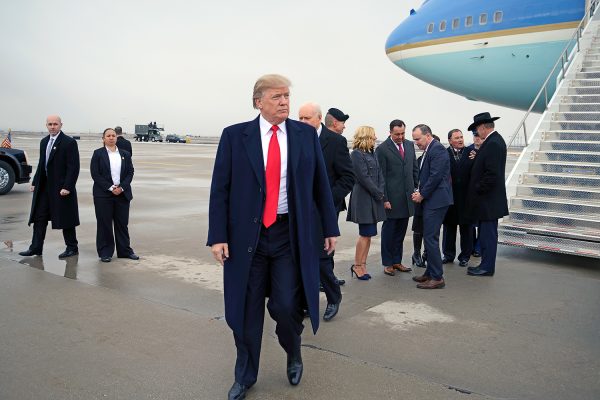
Leonid Bershidsky is optimistic the EU can stand up to American threats and continue doing business with Iran. He writes for Bloomberg that the stakes are higher than President Donald Trump seems to realize:
With its influence on SWIFT, the Brussels-based payment-facilitation system, and its trade power, the EU is capable of blunting US sanctions. If they prove ineffective, and Iranians merely rally around their government as Russians have done in the face of American restrictions, the US may be exposed as less of a fearsome global policeman than Trump would like it to be.
Bigger than Cuba
Bershidsky points out that when the United States imposed extraterritorial sanctions on Cuba in 1996, Europe found a way around them:
Europe’s stance on Cuba allowed European companies, such as Spain’s Sol Melia hotel group and France’s Altadis tobacco company, to remain major investors in Cuba.
The biggest European investments in Cuba were in the hundreds of millions of dollars. Iran, a country that holds 7 percent of the world’s entire mineral reserves, has attracted $7.4 billion in foreign investment since the nuclear deal was signed in 2015.
China would benefit
Most of the money is coming from China and Europe. If the latter is barred from doing business with Iran by American sanctions, the former would benefit.
Bershidsky gives the example of the South Pars gasfield, in which China’s CNPC and France’s Total are partners. If Total, which also has a big operation in the United States, were forced to pull out, CNPC would probably take over.
It’s not clear to the Europeans why they should leave the investment opportunity to the Chinese.
